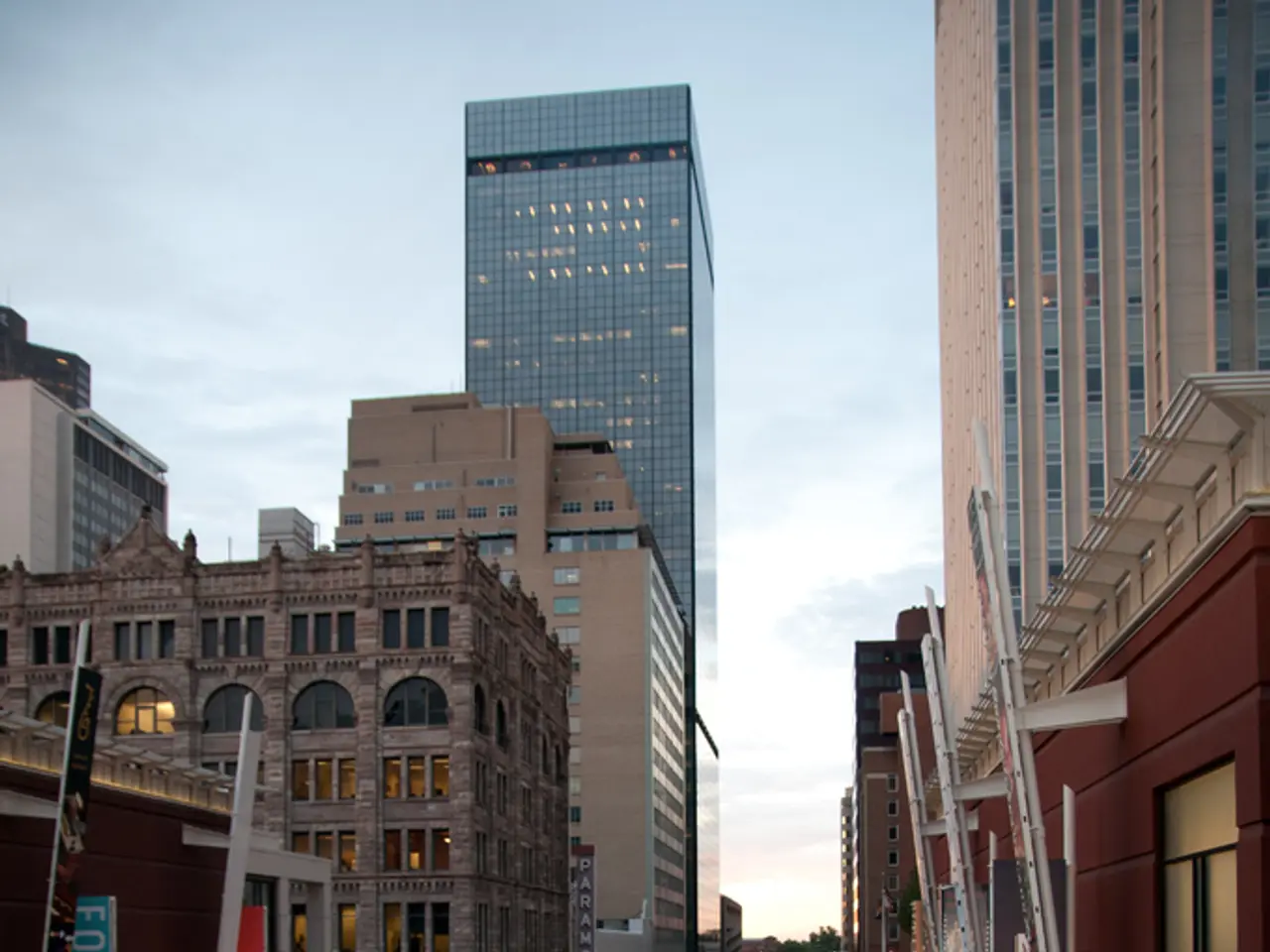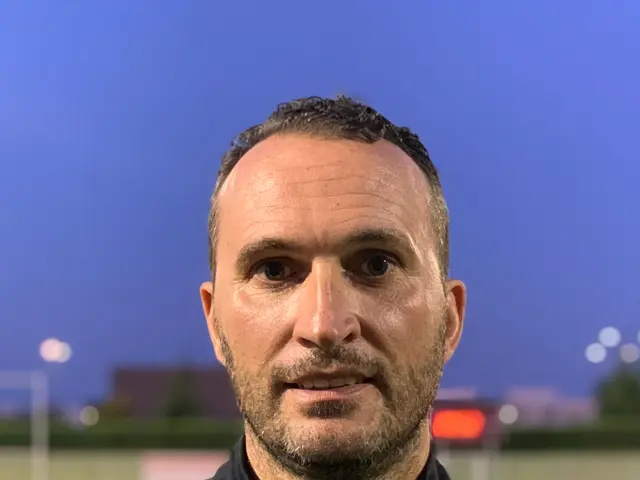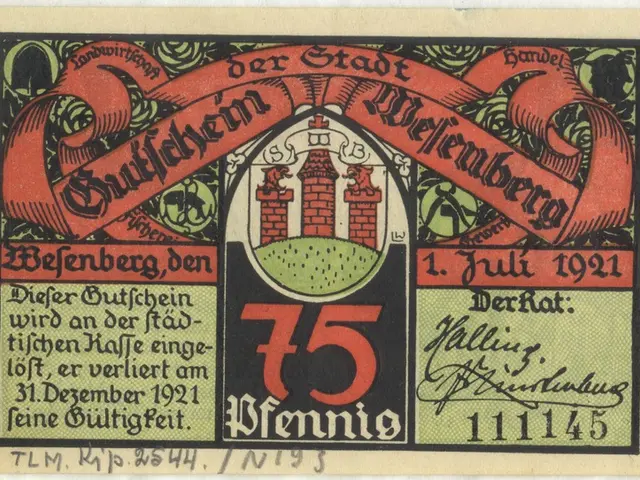Platform's stance: No tolerance allowed here.
In the heart of Cologne, a city known for its vibrant culture and historic charm, a growing issue has been causing concern among residents and city leaders. Homelessness, once a problem seemingly far removed from the city's affluent streets, is becoming increasingly visible.
The KVB, Cologne's public transportation authority, has proposed a series of plans aimed at addressing this issue. However, these plans have met with skepticism from social workers and homeless initiatives. A majority in the council is possible for the financial support of these plans, but the KVB requires additional funding from politics to implement them.
The KVB's plans include the closure of subway stations at night to prevent homeless people from sleeping there, starting with Appellhofplatz and potentially expanding to all 39 underground stations. The authority also plans to offer a shuttle service to homeless shelters and a cold bus as alternatives.
However, these plans have raised concerns about the comfort and safety of the city's residents. The narrow alleys and streets of the city center are expected to become more uncomfortable due to the attitudes of the city's leadership. It's important to note that the homeless people are not responsible for the discomfort that is expected to arise.
Homeless people often do not use shelters due to lack of privacy, fear of being robbed, or experiencing violence. The lack of safe places for homeless people is a significant challenge in Cologne, a city that prides itself on its welcoming atmosphere.
Programs like "Housing First," which aim to provide housing for homeless individuals as a first step towards recovery, are not progressing beyond the pilot stage in Cologne. This lack of progress highlights the need for more comprehensive and effective solutions.
The current political landscape in Cologne may not prioritize addressing the root causes of homelessness. The bourgeois middle class in Cologne appears to have a "not in my backyard" attitude towards social problems such as homelessness and drug addiction. This attitude is reflected in the electoral alliance launched by the current mayor of the city center, Andreas Hupke, who has launched his campaign with a "not in my backyard" attitude as its political program.
The trial for the murder of a homeless person who was kicked to death in his sleeping bag on the street in Ehrenfeld just before Christmas serves as a stark reminder of the very real human cost of homelessness. Each homeless person has an individual story, and it does not become easier for them to overcome homelessness if it is difficult for middle-class families to find affordable housing in Cologne.
The political self-representation group of people with learning difficulties called "Wir für Sie" in Cologne, which demands better mobility and accessibility for people with learning difficulties, has also criticized the insufficient discussion and handling of barriers beyond physical access like elevators and escalators.
As Cologne grapples with the issue of homelessness, it is clear that a comprehensive and compassionate approach is needed. The city must address the root causes of homelessness, provide safe and dignified solutions for those experiencing homelessness, and create a more inclusive and welcoming environment for all its residents.
Read also:
- United States tariffs pose a threat to India, necessitating the recruitment of adept negotiators or strategists, similar to those who had influenced Trump's decisions.
- Weekly happenings in the German Federal Parliament (Bundestag)
- Southwest region's most popular posts, accompanied by an inquiry:
- Discussion between Putin and Trump in Alaska could potentially overshadow Ukraine's concerns








